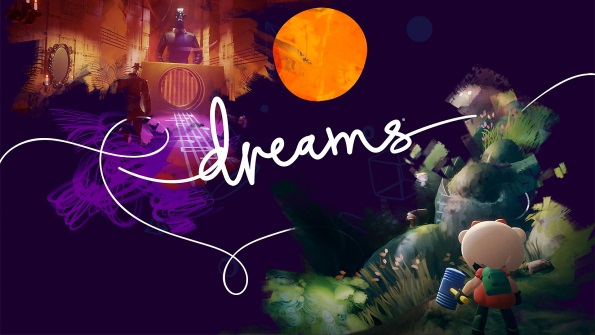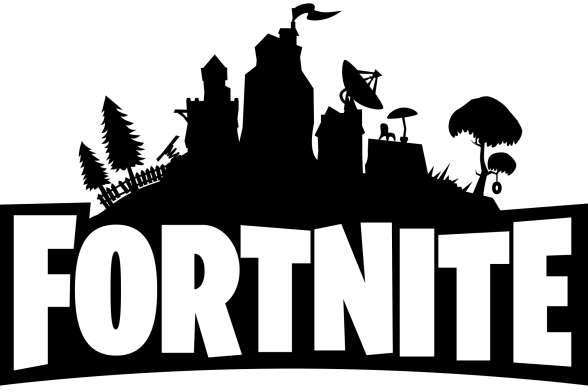FUTURELabs bring people together to imagine and co-produce future scenarios as a way of exploring possibilities, stimulating discussion and creative practice.
FutureScaping: how to imagine
In this 2 hour free online workshop, we explore ways of stimulating the imagination to explore ideas of the future. We draw on techniques from ethnography which attend to the details of environments and contexts, from foresight strategies, from futuristic and science fiction and from our own lived experiences.
The dates for this workshop are set when participants sign up. To participate please get in touch.
Recent workshops / sessions
Horizon 3 scanning for product and service design
Working with engineers, software and solution designers in the transport and infrastructure industry to imagine and scope out future scenarios for transport and complex facilities in cities.
Weekly 1 hour online sessions drawing inspiration from people’s favourite science fiction, future visioning sessions, insight from horizon scanning research and brainstorming. Using Generative AI tools to visualise ideas and options.
Chorlton teenagers: the future needs YOU to imagine it
2 hour session with young people to co-create a futuristic Manchester suburb using Fortnite (creative mode) and Playstation Dreams (early release version).
Working from a current map of the area, we brainstormed a futuristic city. We hand-drew and discussed stories that imagined future scenarios then used 3D modelling tools to design assets for Fortnite, a well-known gaming platforms and the game engines behind them such as Unity 3D and Unreal.
No experience was necessary, this was a ‘hack’ where we made it up as we went along…




Exploring how anthropologists see the future
At the 2018 annual anthropology conference, Visioning Lab convened over 50 anthropologists to explore a future of their own imagining. The emphasis on this workshop was to bring an ethnographic sensibility to the FUTURELab concept. We took the usual approach of asking people to close their eyes and then talk them into an imagined future but with the added dimension of asking them to explore this future world as if it were ethnography. Interestingly some anthropologists went to their research site and others paid close attention to the socio-economic and political dynamics of their imagined world.